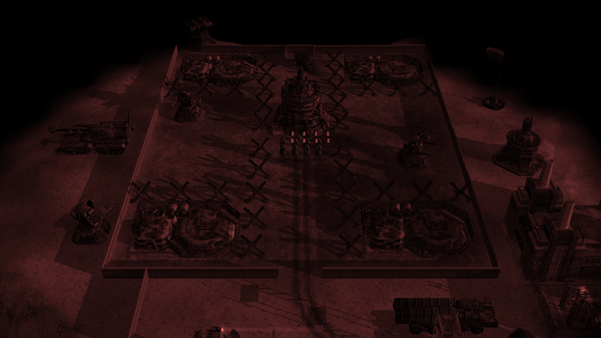


The CWC led the campaign against the coalition governments of H. To mobilise the workers of Clydeside against the First World War, the Clyde Workers' Committee (CWC) was formed, with Willie Gallacher as its head and David Kirkwood its treasurer. During these four years preceding World War I, membership of those affiliated to the Scottish Trades Union Congress rose from 129,000 in 1909 to 230,000 in 1914. Labour unrest, in particular by women and unskilled labour, greatly increased between 1910–1914 in Clydeside, with four times more days on strike than between 19. Following the end of the strike, Singer fired 400 workers, including Jane Rae one of the women activists, and all strike leaders and purported members of the Industrial Workers of Great Britain, among them Arthur McManus, who later went on to become the first chairman of the Communist Party of Great Britain between 19. This reorganisation involved an increase in workload and a decrease in wages. The 11,000 workers at the largest Singer sewing machines factory, in Clydebank, went on strike in March–April 1911, ceasing to work in solidarity with 12 female colleagues protesting against work process reorganisation.


 0 kommentar(er)
0 kommentar(er)
